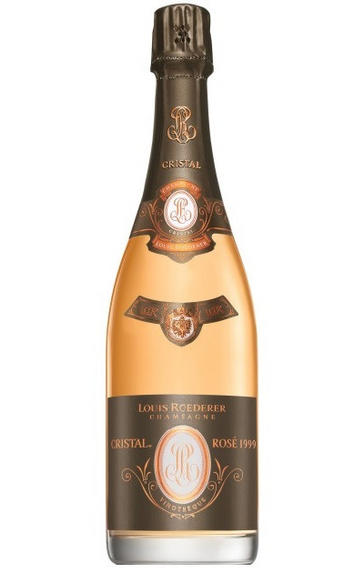
1999 Champagne Louis Roederer, Cristal Rosé, Brut
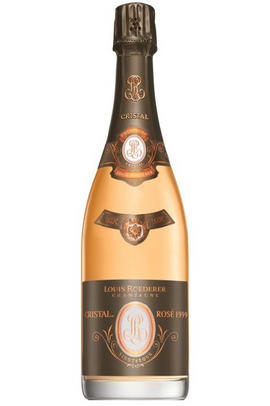
Critics reviews
Still incredibly youthful and primary, the 1999 Cristal Rosé offers plenty of power, but it is clearly much less refined than the other wines in this tasting, tough company, it must be admitted. Still, the 1999 looks like it will drink well for many years even if it is a bit compact and rough around the edges next to the other wines in the range. With time in the glass, hints of game, smoke and wild flowers with distinctly Pinot-leaning inflections add character.
This recent vertical of Cristal Rosé was remarkable for so many reasons. The wines were absolutely brilliant throughout. Two vintages, the 1995 and 1996, mark the first official releases from Roederer’s new Late-Disgorged program. Above all else, though, I was deeply impressed with the singular personality of Cristal Rosé, something that came through loud and clear in every bottle. Although this tasting spanned just nine vintages, Cristal Rosé has built an enviable track record over the years, making it among the most – if not the single most – consistently outstanding Rosé Champagne in the market.
Drink 2015 - 2024
Antonio Galloni, Vinous.com (May 2015)
Dark pink. Rich and complex on the nose, showing an array of red berries, cherry pit, fruitcake and pungent rose scents. Fresh, strikingly pure and spicy, with vibrant cherry and raspberry flavours deepened by notes of floral honey and nutmeg. This has real size and a rich, chewy texture but it's also impressively balanced, with equal parts finesse and power. Finishes with an exotic spicy note and superb length.
Josh Raynolds, Vinous.com (November 2006)
Rich and dense and round. It has an alluring sweetness and is so flattering.
Drink 2022 - 2035
Jancis Robinson MW, JancisRobinson.com (September 2019)
The complexity of chocolate, toasted almonds, praline, burnt toffee, mushrooms, and earth here is stunning. There’s a beautiful, spiced cherry-biscuit edge, too. The palate has a suave, supple and silky feel with such fleshy depth and drive. So melted together in flavours, so succulently textural and full of dried-strawberry flavour. Long with plenty of time ahead. Disgorged in 2014 after seven years sur latte and seven years sur pointe.
Drink or hold
James Suckling, JamesSuckling.com (September 2019)
To make this rosé, Pinot Noir from two of Roederer’s parcels in Aÿ was lightly macerated before being blended with two grand cru parcels of Chardonnay. The result is a pale, elegantly fragrant Champagne, marked by a silky refinement and a subtle, detailed complexity. Like the 1999 Cristal blanc, this rosé feels broader and more generous than the original release, although it remains tense and energetic on the finish, infused by prominent notes of chalk.
Drink 2020 - 2030
Peter Liem, Decanter.com (October 2020)
About this WINE
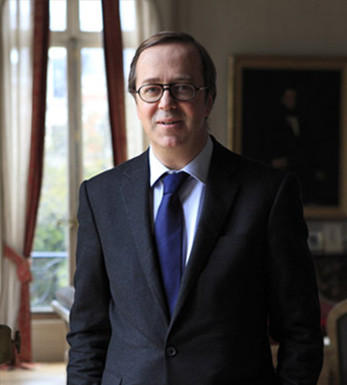
Louis Roederer
Founded in 1776, Louis Roederer is a family-owned, independent Champagne house with a well-deserved reputation for quality. It is managed by Frédéric Rouzaud, the seventh generation to be at the helm.
In 1876, Louis Roederer created the now-famous Cristal at the request of Alexander II. This once intensely sweet wine is now one of the most luscious, deeply flavoured champagnes available, with the '88, '89 and '90 among the greatest Cristals ever released.
Louis Roederer’s best-selling non-vintage blend for almost 40 years, Brut Premier, has recently been replaced by Collection 242. This new multi-vintage blend was created by Chef du Caves Jean-Baptiste Lécaillon in response to increasingly warm vintages. The cuvée aims to capture freshness and is based on a perpetual reserve which focuses on acidity and minerality.
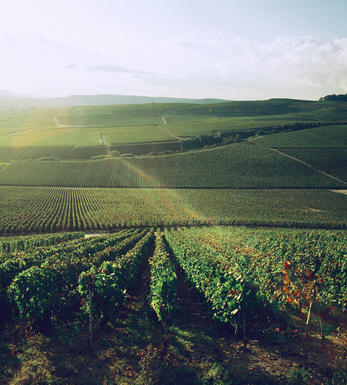
Rosé Champagne
Rosé wines are produced by leaving the juice of red grapes to macerate on their skins for a brief time to extract pigments (natural colourings). However, Rosé Champagne is notable in that it is produced by the addition of a small percentage of red wine – usually Pinot Noir from the village of Bouzy – during blending.
Recommended Producers : Billecart Salmon (Elizabeth Salmon Rose), Ruinart
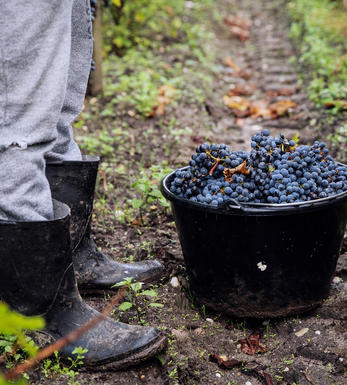
Champagne blend
Which grapes are included in the blend, and their proportion, is one of the key factors determining the style of most Champagnes. Three grapes are used - Pinot Noir, Chardonnay and Pinot Meunier.
26% of vineyards in Champagne are planted with Chardonnay and it performs best on the Côtes des Blancs and on the chalk slopes south of Epernay. It is relatively simple to grow, although it buds early and thus is susceptible to spring frosts. It produces lighter, fresher wines than those from Burgundy and gives finesse, fruit and elegance to the final blend. It is the sole grape in Blancs de Blancs, which are some of the richest long-lived Champagnes produced.
Pinot Noir accounts for nearly 40% of the plantings in Champagne and lies at the heart of most blends - it gives Champagne its body, structure, strength and grip. It is planted across Champagne and particularly so in the southern Aube district.
The final component is Pinot Meunier and this constitutes nearly 35% of the plantings. Its durability and resistance to spring frosts make the Marne Valley, a notorious frost pocket, its natural home. It ripens well in poor years and produces a soft, fruity style of wine that is ideal for blending with the more assertive flavours of Pinot Noir. Producers allege that Pinot Meunier lacks ageing potential, but this does not deter Krug from including around 15% of it in their final blends.


Buying options
Add to wishlist
Description
To make this rosé, Pinot Noir from two of Roederer’s parcels in Aÿ was lightly macerated before being blended with two grand cru parcels of Chardonnay. The result is a pale, elegantly fragrant Champagne, marked by a silky refinement and a subtle, detailed complexity. Like the 1999 Cristal blanc, this rosé feels broader and more generous than the original release, although it remains tense and energetic on the finish, infused by prominent notes of chalk.
Drink 2020 - 2030
Peter Liem, Decanter.com (October 2020)
wine at a glance
Delivery and quality guarantee